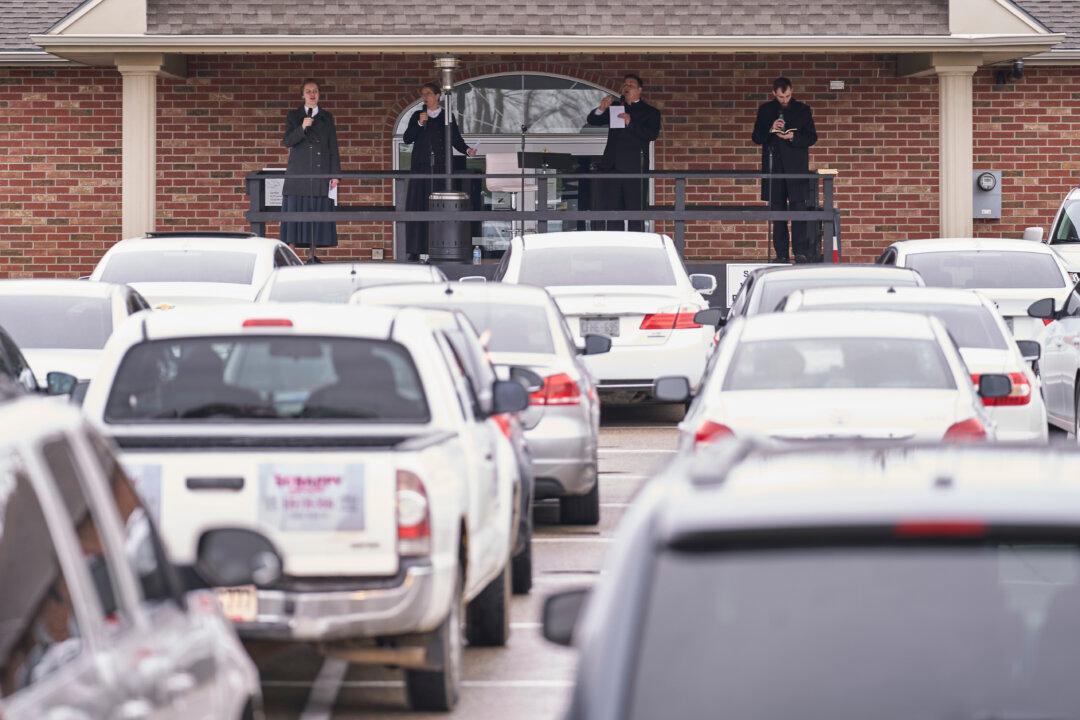Two Ontario churches have filed an application in the Supreme Court of Canada seeking an appeal to a decision upholding COVID-19 restrictions imposed on religious gatherings by the Ontario government, the Justice Centre for Constitutional Freedoms (JCCF) says.
One of the parties challenging gathering restrictions is Pastor Henry Hildebrandt and the Aylmer Church of God.





